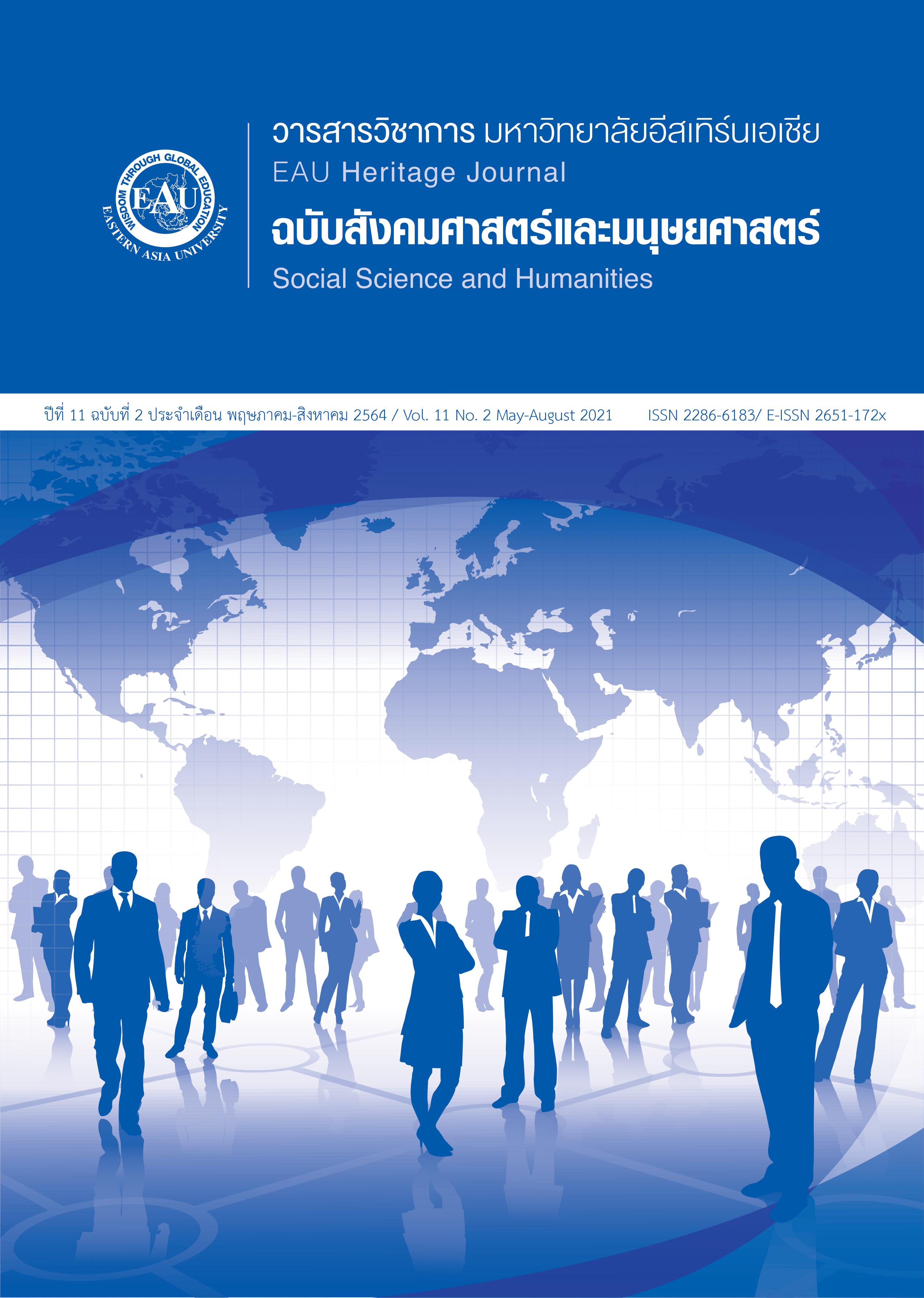The Development of Remuneration in Labor Protection Law to Support ASEAN Economic Community
Keywords:
Remuneration, No work No Pay, ASEAN employeesAbstract
This research is a qualitative legal research by collecting data through in-depth interviews and focus groups by brainstorming opinions from experts. The purpose of the research is to study the concepts, theories and the evolution of remuneration. The study of the remuneration laws of the International Labor Organization, the European Union and the member countries of the ASEAN Community by comparative legal analysis in order to create an ASEAN model law on remuneration that is a basic standard for protecting employees in the ASEAN Community in accordance with the economic and social context of each country in the ASEAN Community. The creation of the ASEAN model law has adopted fair remuneration principles in accordance with the standard of living and the well-being of employees and the assumptions of wage efficiency. This principle of remuneration is analyzed with regard to the ability of employers to pay. The results of the research showed that the minimum wage rate should be set only by the big principles. As for the issues of the remuneration of employers during the suspension, pay in the holidays and leave, remuneration in the absence of remuneration, deductions of remuneration during the suspension in order to investigate the faults of the employees. The rate of remuneration can be fixed in a manner that allows each country to apply to suit the economic and social conditions with their country.





